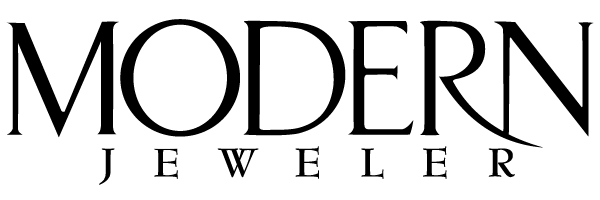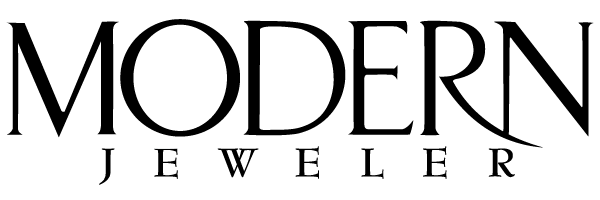Signet Jewelers has informed its suppliers that it will not accept cost increases resulting from the latest U.S. tariffs on global imports. In a letter to vendors, CEO J.K. Symancyk stated that pricing must remain consistent with current agreements for all outstanding and in-progress orders.
Policy Applies to All Current and In-Process Orders
The directive applies to a wide range of purchase categories, including all asset purchase orders currently in production or previously placed for future shipment. It also includes memo inventory held by Signet, as well as memo items in process or secured for future import. Orders fulfilled through drop-shipping and e-commerce are also covered.
“We are not accepting any new tariff impacts at all to current purchase orders,” Symancyk wrote. “Cost and payment structure will be based on all existing atelier pricing, with current tariff structure in place.”
Response to New Tariff Measures
The statement comes in response to the U.S. government’s implementation of new tariffs on a broad range of imported goods, effective April 10. The new duties range from 10% to 104%, depending on the product and country of origin. These rates may be adjusted based on future trade negotiations.
Signet has asked vendors to ship completed orders to the U.S. as soon as possible in advance of any further changes.
“We strongly encourage all partners to ship existing purchase orders where production is complete to [the] US, with a focus on April and May receipts,” Symancyk said.
Vendor Cooperation and Ongoing Uncertainty
The company acknowledged the broader uncertainty the tariffs may create for the industry and indicated plans to work with suppliers as the situation develops.
“We know there is much uncertainty about how these new guidelines could impact the jewelry sector,” said Symancyk. “We expect to work closely with supply-chain partners on mitigation efforts. The situation will no doubt remain dynamic as some countries will likely lower tariffs and others may raise them.”
Implications for Supply Chains and Pricing Agreements
With the outlook for tariffs still uncertain, vendors supplying U.S. retailers may need to review pricing structures and delivery plans in response to evolving trade conditions. The directive highlights how changes in trade policy can affect supply chain coordination and contractual pricing arrangements in the jewelry sector.




